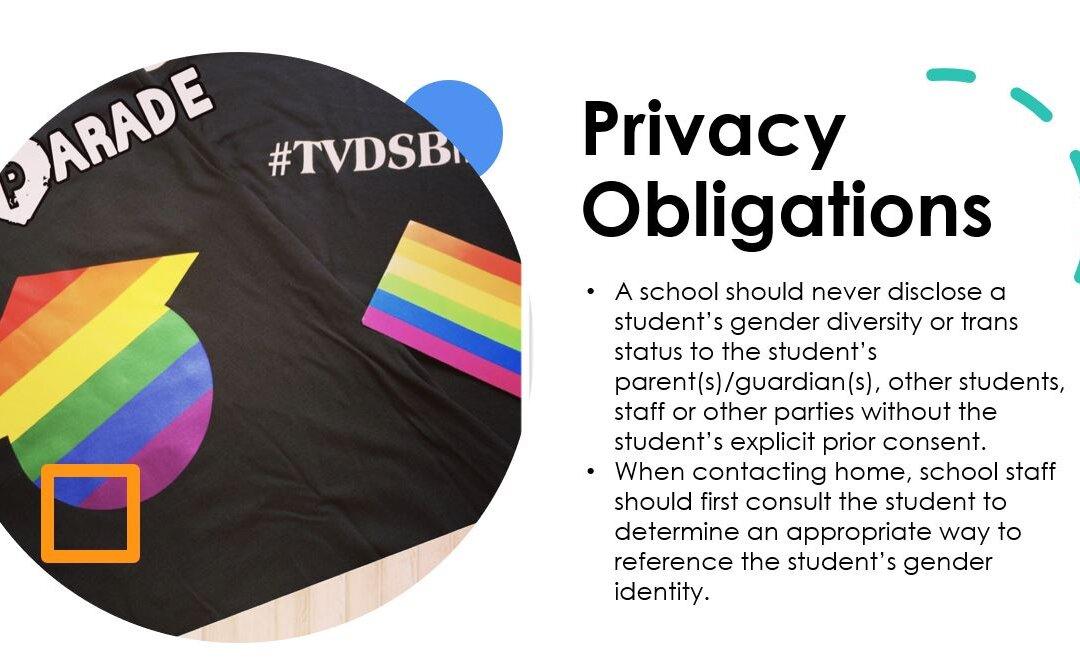The Liberal government announced on Sept. 5 the launch of consultations to develop its “Black Justice Strategy,” in an effort to combat what it calls “systemic discrimination” in the justice system.
“Our government is committed to combating systemic discrimination and anti-black racism in our institutions, which continue to be painful realities for black people and communities across the country,” Minister of Justice and Attorney General Arif Virani said in a statement.




